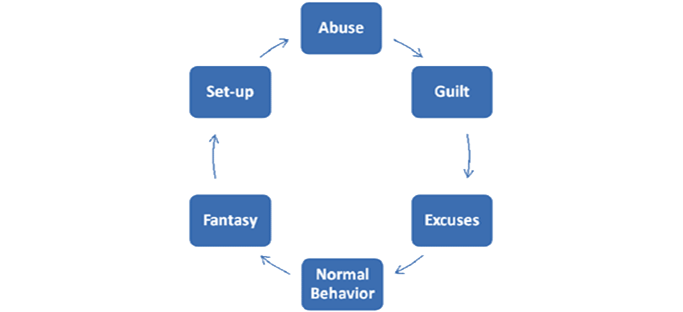HAMMOND, IN
(219) 933-7990

MERRILLVILLE, IN
(219) 736-5990 
VALPARAISO, IN
(219) 548-9400 
Domestic and Family Violence
Domestic abuse, also known as spousal abuse, occurs when one person in an intimate relationship or marriage tries to dominate and control the other person. Domestic abuse that includes physical violence is called domestic violence.
Domestic violence and abuse are used for one purpose and one purpose only: to gain and maintain total control over you. An abuser doesn’t “play fair.” Abusers use fear, guilt, shame, and intimidation to wear you down and keep you under his or her thumb. Your abuser may also threaten you, hurt you, or hurt those around you.
Domestic violence and abuse does not discriminate. It happens among heterosexual couples and in same-sex partnerships. It occurs within all age ranges, ethnic backgrounds, and economic levels. And while women are more commonly victimized, men are also abused—especially verbally and emotionally, although sometimes even physically as well. The bottom line is that abusive behavior is never acceptable, whether it’s coming from a man, a woman, a teenager, or an older adult. You deserve to feel valued, respected, and safe.
Domestic abuse often escalates from threats and verbal abuse to violence. And while physical injury may be the most obvious danger, the emotional and psychological consequences of domestic abuse are also severe. Emotionally abusive relationships can destroy your self-worth, lead to anxiety and depression, and make you feel helpless and alone. No one should have to endure this kind of pain—and your first step to breaking free is recognizing that your situation is abusive. Once you acknowledge the reality of the abusive situation, then you can get the help you need.
There are many signs of an abusive relationship. The most telling sign is fear of your partner. If you feel like you have to walk on eggshells around your partner—constantly watching what you say and do in order to avoid a blow-up—chances are your relationship is unhealthy and abusive. Other signs that you may be in an abusive relationship include a partner who belittles you or tries to control you, and feelings of self-loathing, helplessness, and desperation.

To determine whether your relationship is abusive, answer the questions below. The more “yes” answers, the more likely it is that you’re in an abusive relationship.
Do you:
- feel afraid of your partner much of the time?
- avoid certain topics out of fear of angering your partner?
- feel that you can’t do anything right for your partner?
- believe that you deserve to be hurt or mistreated?
- wonder if you’re the one who is crazy?
- feel emotionally numb or helpless?
BREAK THE SILENCE

Violence comes in many shapes and sizes. Don’t be a victim. Speaking up and getting help is the beginning of a peaceful home.
Getting help was the best thing that my husband and I ever did. It helped us learn how to respect one another.
COUNSELING SERVICES
OUR PHILOSOPHY
A dual paradigm approach that fosters group interaction and personalized care.
We believe in follow up and follow through; client convenience; planning, and caring. We believe in connecting, building, and maintaining clear communication. Supporting your needs and values; we work through your worldview, your lens for viewing the world. This allows us to provide a supportive and familiar environment. This is just one of the ways in which we provide you with personalized care.


